Eternal Springs
Whether the world is on lockdown due to a pandemic or is in a state of normalcy, it is always a good time to read a book. This is a review of Eternal Springs: An Introduction to the World of Mechanical Watches by Eric Grégoire.
Referencing the first page, the book has two primary goals:
Goal 1: “…provide a general overview of as many watch-related topics as possible in order to serve as an introduction for those just beginning to enter the world of mechanical timepieces.”
Goal 2: “…serve as a reference for those who are more familiar with watch collecting and would like to fill in some possible gaps in their knowledge.”
Reviewing watch-related books is not something I had envisioned, but when Eric contacted me recently asking if I would be interested I happily agreed. Watch enthusiasts love watch material of all types and I would wager most have a book or two sitting around. My personal favorite visual read is The Wristwatch Handbook and my favorite watchmaker book is The Watch Repairer’s Manual.
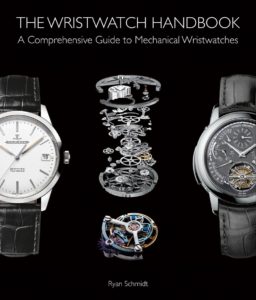
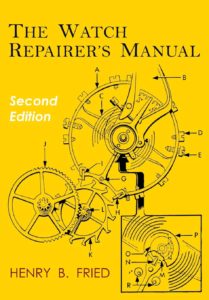

Most pertinent is my experience writing a textbook (pictured above), which solidified me as a brutal copy editor of my own work and others’, but also presented the challenge of explaining a complex topic in a digestible way, from history to operation. My book aims at computer and processor operations, Eternal Springs aims at mechanical watches.
A clever title name always helps…Eternal Springs…nice touch Eric.
As the subtitle suggests, the primary audience is people with a new or developing interest in mechanical watches. However, even as a fairly informed individual, the text had a few unknown tidbits for me and a few things that required a mental double-take. So even if you are a well-read watch nut, I am certain you will still enjoy this light read.
https://youtu.be/7fFVDxPziIk
General Notes
- Focuses on vintage watches with some occasional hints at the modern. In fact, the story is told via vintage watches, pictures, and references.
- Follows a basic format, seemingly written in MS Word and ported to PDF/Kindle.
- Has an informal writing style that in some ways helps a reader go fast, but can occasionally trip you up.
- Starts with a fun question: “Do Mechanical Watches Have a Soul?” Many watch enthusiasts describe the difference between mechanical and quartz (battery powered) watches with the soul metaphor, the latter being soulless.
- Provides a concise overview of timekeeping history, including important topics like Radium usage. Then covers primary parts, complications, styles (types), technology, future considerations, and an introductory exploration of a standard mechanical movement.
- Includes time-related terminology and language evolution.
- Some sections will be review for the avid enthusiast, but a welcome clarification for newcomers.
- The section readers will likely find most useful is The Movement Explored, which gives a barebones overview of a standard movement, with clear pictures and descriptions. The Glossary is also quite nice, basic, and covers common and popular terms thrown around in watch talk.
- Overall, a quick and informative read. It was a calming weekend read for me that took me back to basics.
Pros
- Digestible size and format.
- Does not spend too long on a given topic. Succinct in delivering the main information and then moving along.
- Straightforward descriptions and visuals of movement parts and operation. People reading this are not wanting to be watchmakers (probably), but it helps in understanding and appreciating the craft without going overboard.
Cons
- Kindle only. (Or with the Kindle app on other devices.)
- Could use some really good copy editing to add clarity. For example, the text has a heavy use of pronouns, contractions, and absolutes that can unintentionally burden a reader. An example from the Introduction:
There are very few obsolete technologies which endure for long after having been replaced by something that’s better, cheaper, faster or more reliable.
vs.
Very few obsolete technologies endure long after being replaced by something better, cheaper, faster, or more reliable.
The same meaning is translated but in less words and with more clarity. Good copy editing at work (in this case mine).
Quotes Worth Quoting
Why do we devote great amounts of time and money on the hunt for finicky, costly and imperfect little machines?
Perhaps the thread that unites us all is our fascination with a sense of permanence, that reaches not only far into the depths of history, but allows us to hand a bit of ourselves into the future.
It may not be a soul, but the mechanical watch has something that is unlike anything else on earth, and once someone gains an appreciation for them, it is often very difficult to describe to others what exactly it is that drives this passion.
Improvements
Some improvements that would benefit the reading experience, which I have already passed along to Eric, include the following: references to support certain and factual statements, case types such as a casebacks with screws and cushion cases, more modernized examples like the use of a pip at 12 on dive watches, and the inclusion of Hamilton in the textual overview of Transitional Technology. Books usually have some typos and grammatical issues, so be aware you might notice some here and there (I noted about a dozen), but I expect such errors will be fixed in a future update (might be fixed post April 2020).
The content is mostly accurate and agreeable, though it has its moments. One example at the time of my reading was the statement that synthetic sapphires are the most common jewel type, when in fact it is synthetic rubies.
Fun References and Observations
An episode of The Odd Couple.
Felix had been plagued for days with a difficult case of sudden insomnia. After struggling for days to find the cause, it finally occurs to him that he recently bought a new watch, quartz, of course. Since he slept with his watch on, he realized that gone was the comforting ticking that had lulled him to sleep for his entire life.
The following feels particularly funny because I am a person who understands computer operation…but I still prefer mechanical watches.
Most of us find it easier to relate to mechanical machines as opposed to computer-controlled, battery-powered integrated circuits. We can look at the individual parts, all on full display, and quickly understand their function and admire the precise interplay between them that looks much like a highly choreographed ballet. The workings of a quartz watch, on the other hand, are hidden and shrouded in mystery to the casual observer.
And although I had not heard this quote before, I plan to make use of it going forward.
Jeweled to the hammers
Nothing to do with the picture below. Read the book to learn more.
Points of Contention
The Future of Mechanical Watches section appears to date the writing (or at least the conceptual thinking) to pre-2010. And I struggle to agree with a certain paragraph.
It is entirely possible that a combination of forces may be finally coalescing that will lead to the ultimate demise of the mechanical watch. It remains to be seen whether or not the next generation will come to embrace the charms and the quirks of mechanical timepieces, as a growing number of those who do opt for a wristwatch, have been showing strong preferences for smart watches or fitness tracking devices. What is certain, is that the mechanical watch industry – already a small percentage of overall watch production – is facing the biggest threat to its centuries-old existence.
Like many things analog, mechanical watches are experiencing a strong following and market in the face of an increasingly digital age. One could easily argue that quartz was the biggest threat to the industry, a threat thusfar survived. One of the best reads I encountered in 2019 was The Revenge of Analog: Real Things and Why They Matter by David Sax, which I highly recommend.
Though it is entirely possible that we “may be witnessing the final chapter of a long tale that stretches back through the centuries,” I do no expect that to be the case.
Another statement is that “Each timepiece ever created was built for the express purpose of marking the passing of yet another day, so that we might properly mourn its end.”
What should probably be said is that “Timepieces are inherently created for the purpose of marking the passing of yet another day…”
A lot of watches exist not for the telling of time nor to mourn a day’s end. Sure the language is intentionally dramatic and technically accurate, but a lot of timepieces are created merely for show or as disposable accessories. I understand the sentiment, it is a happy thought worth including, but absolute remarks always fall short. (See what I did there?)
Final Thought
If you are getting into mechanical watches or just want a simple weekend read, Eternal Springs is a great choice. If you have a Kindle, load it up. I will end this post the way Eric ends the book, and it is a quote worth truly thinking about given our circumstances.
Time is free, but it’s priceless. You can’t own it, but you can use it. You can’t keep it, but you can spend it. Once you’ve lost it you can never get it back. ― Harvey MacKay
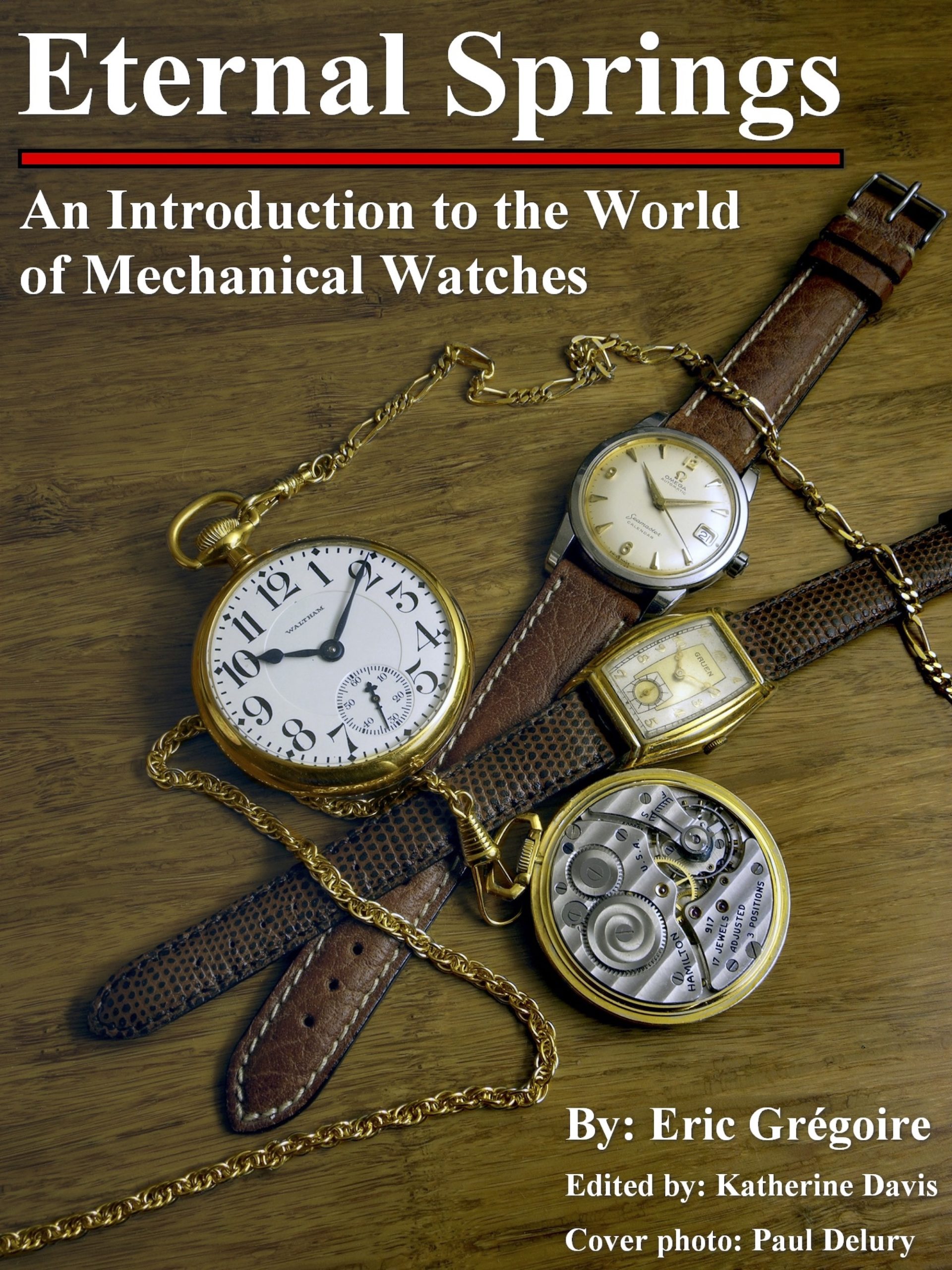
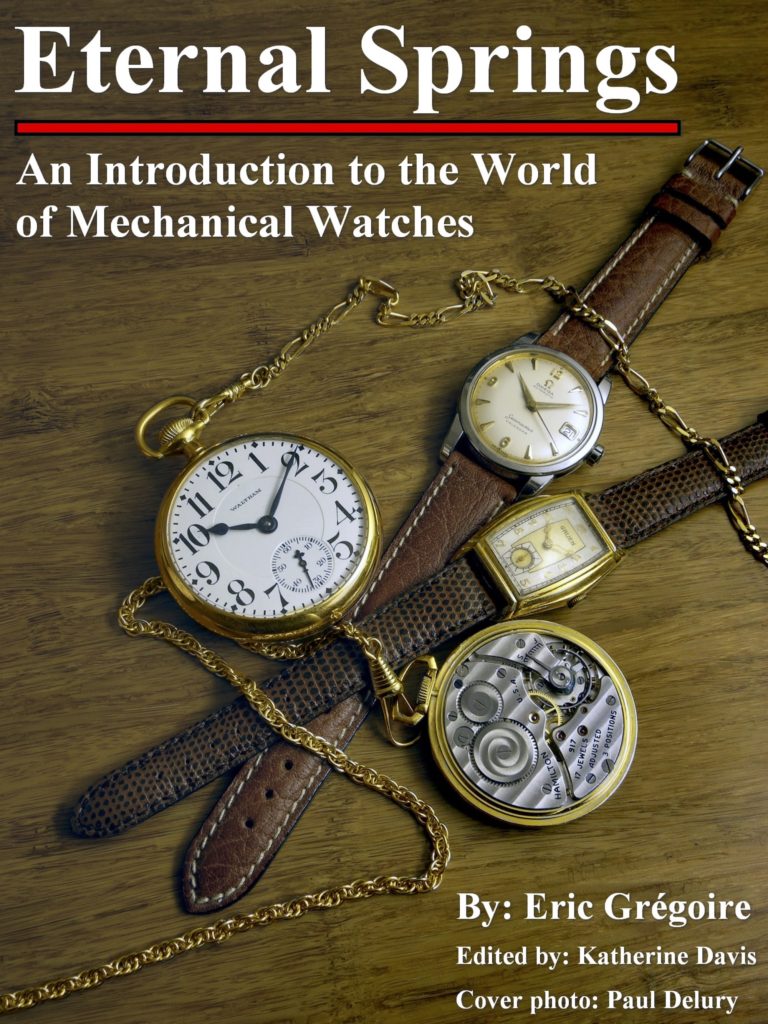
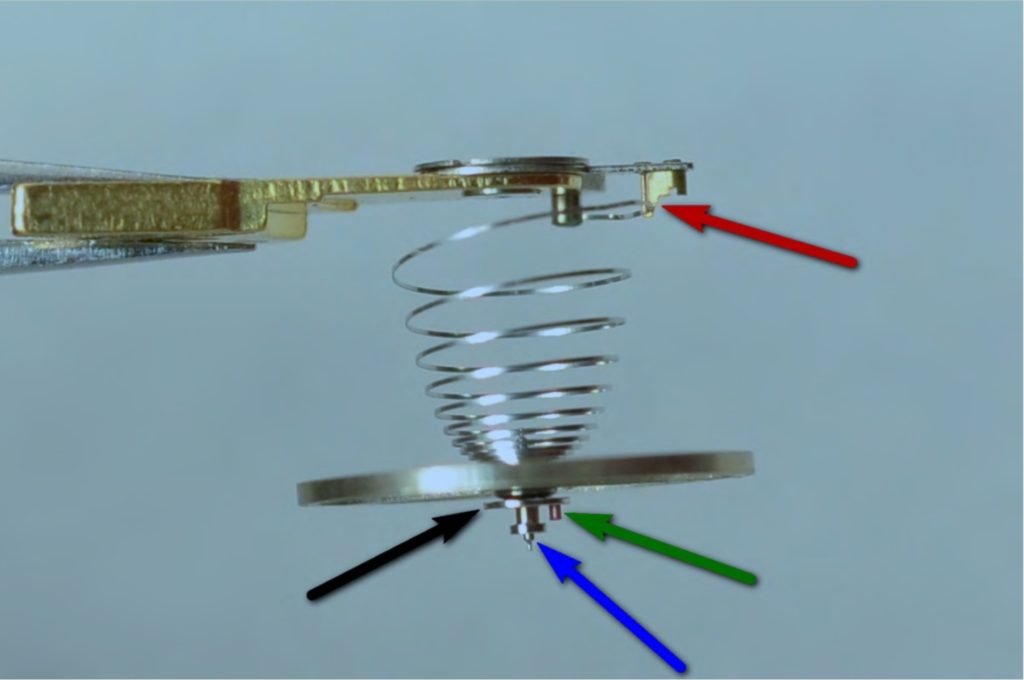
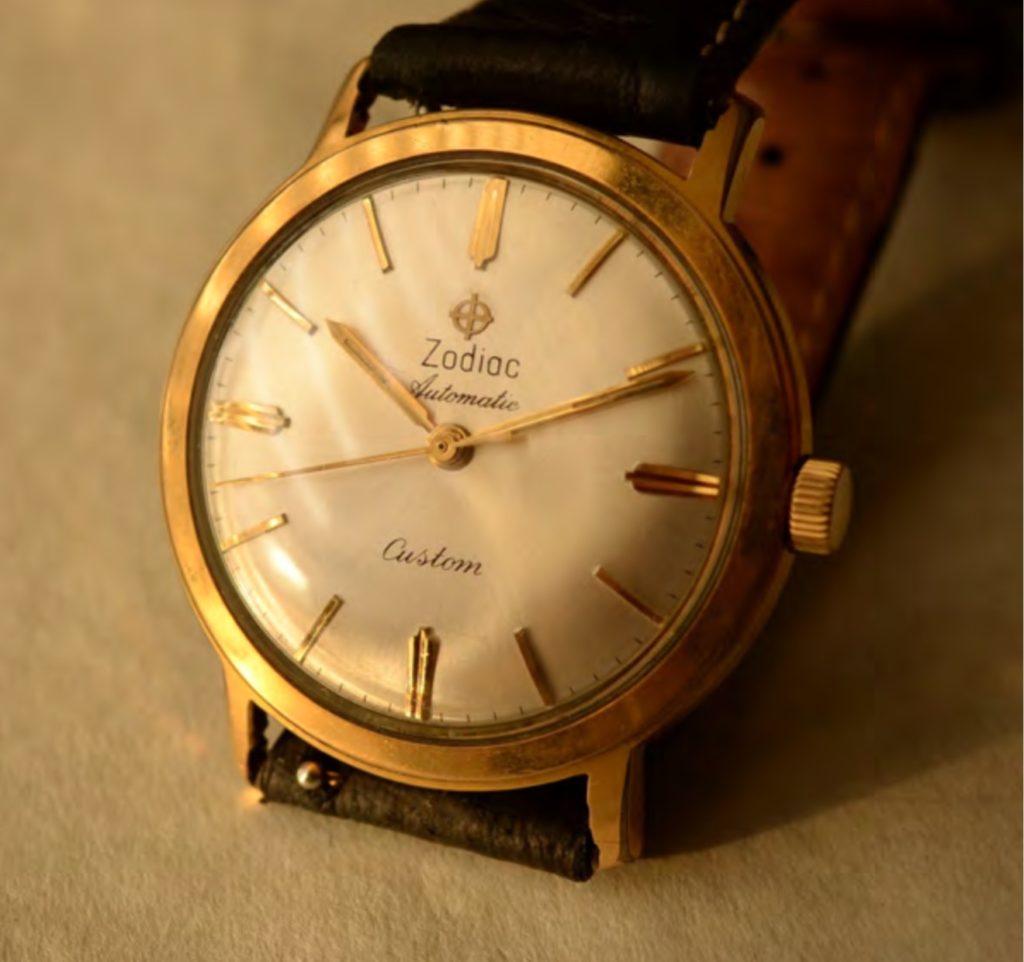



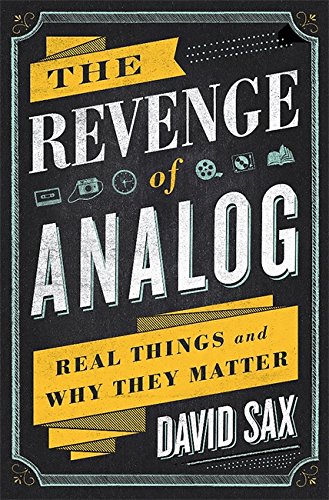
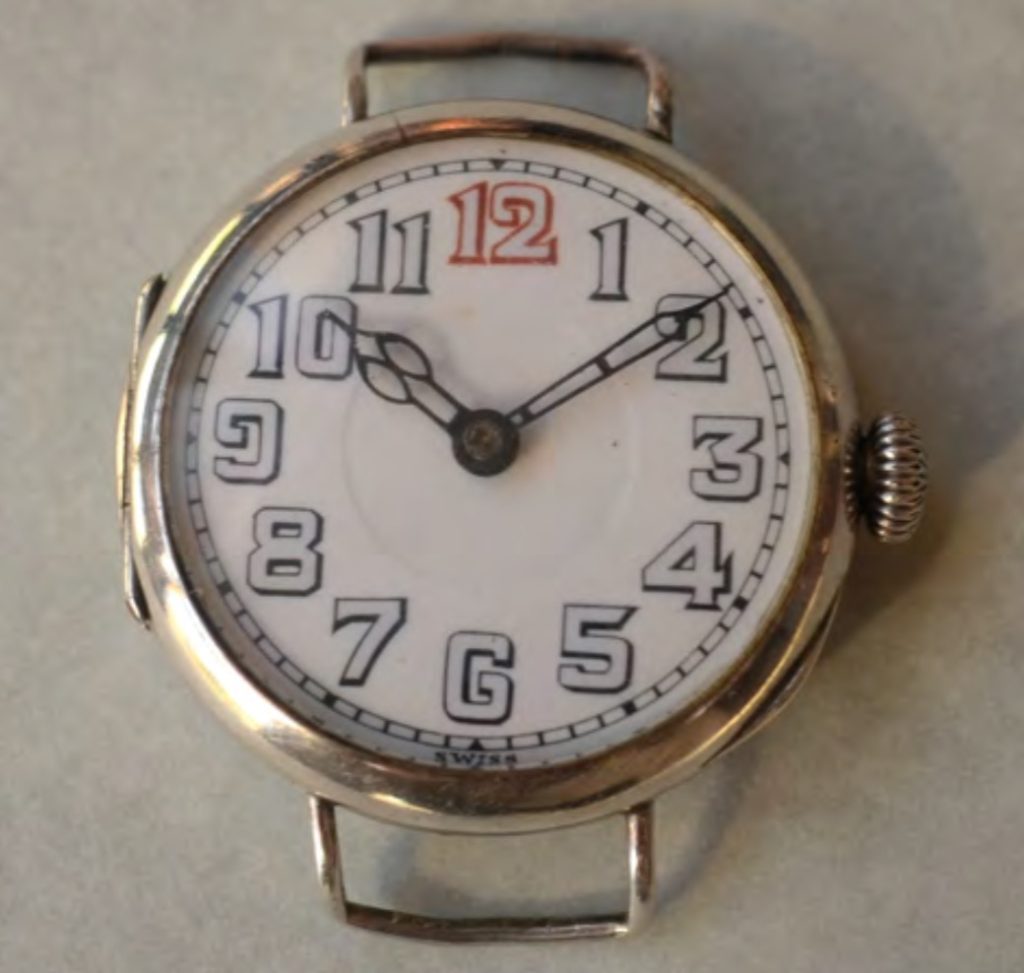
One thought on “Eternal Springs”